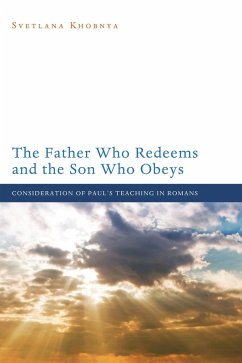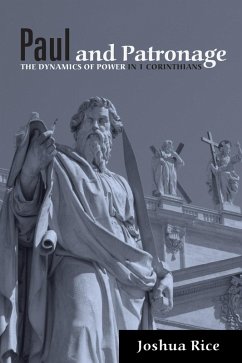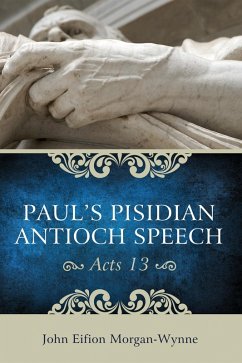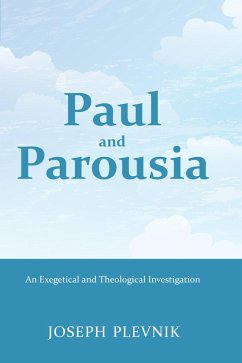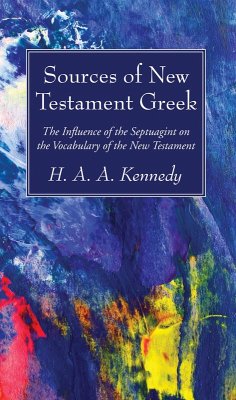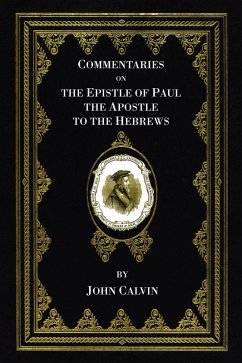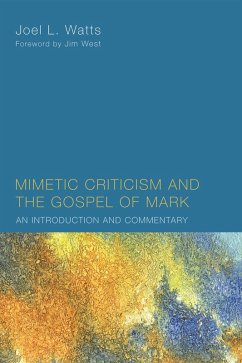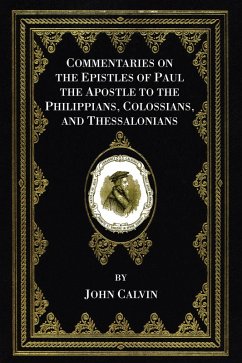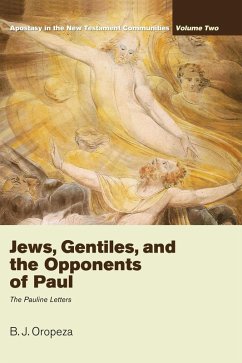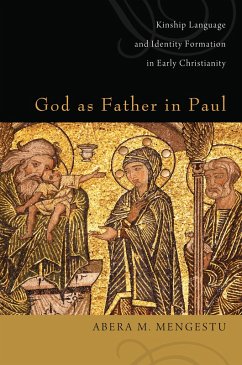
God as Father in Paul (eBook, PDF)
Kinship Language and Identity Formation in Early Christianity

PAYBACK Punkte
12 °P sammeln!
God as Father in Paul explores Paul's use of the kinship term "Father" to refer to God, along with related familial terms ("children" of God and Christ-followers as "brothers and sisters"), as part of a study of the use of kinship language in the identity formation of early Christianity. Mengestu argues that these kinship terms are shared modes of identity constructions within the wider textual and cultural settings (the Roman Empire, the Roman Stoic philosophers, the Hebrew Bible, and ancient Jewish literature) from which Paul draws on as well as contests. Employing theoretical (kinship and s...
God as Father in Paul explores Paul's use of the kinship term "Father" to refer to God, along with related familial terms ("children" of God and Christ-followers as "brothers and sisters"), as part of a study of the use of kinship language in the identity formation of early Christianity. Mengestu argues that these kinship terms are shared modes of identity constructions within the wider textual and cultural settings (the Roman Empire, the Roman Stoic philosophers, the Hebrew Bible, and ancient Jewish literature) from which Paul draws on as well as contests. Employing theoretical (kinship and social identity theory) as well as interpretative approaches (imperial critical and narrative approaches to Paul), he contends that Paul uses God as Father consistently, strategically, and purposefully, in both stable and crisis situations, to develop a narrative, orienting framework(s) that images the community of Christ-followers as a family that belongs to God, who, together with the Lord Jesus Christ, bestows on them equal but diverse membership in the family. The narrative so constructed forms the foundation for referring to Christ-followers as "children of God" and "brothers and sisters" of one another. It constructs boundaries and serves as nexus of transformation and negotiation.
Dieser Download kann aus rechtlichen Gründen nur mit Rechnungsadresse in A, D ausgeliefert werden.




